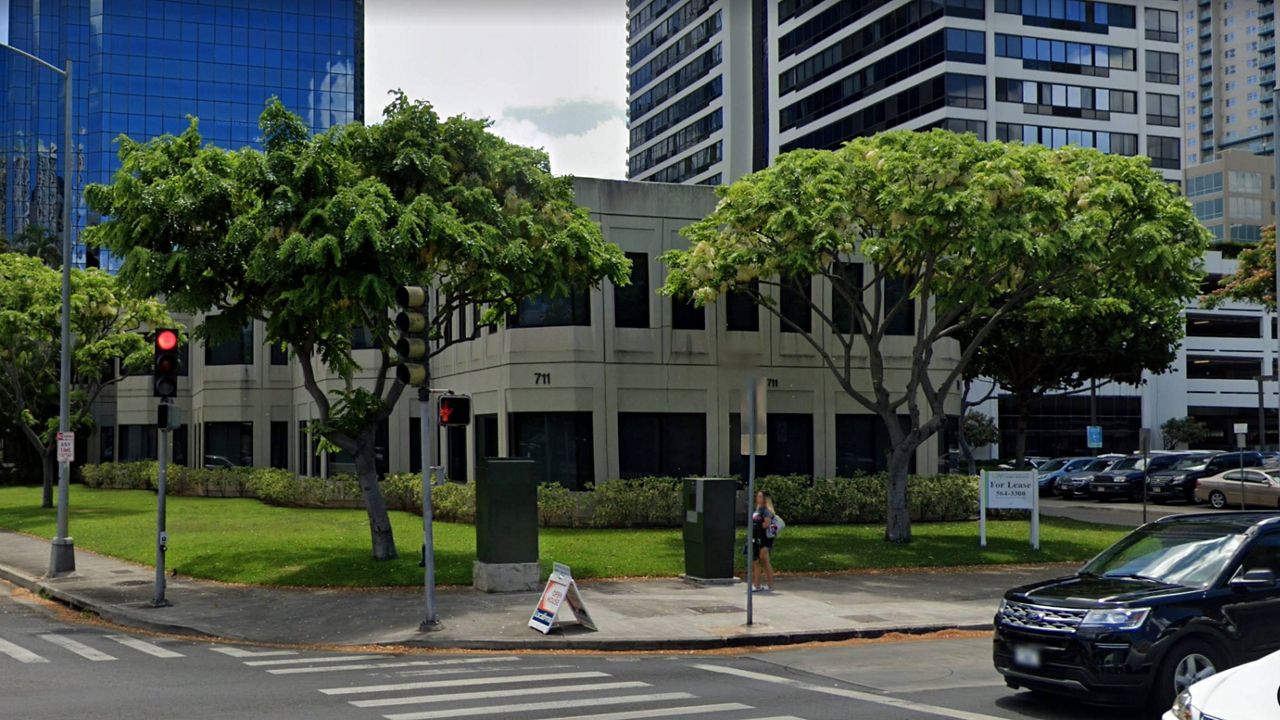HONOLULU — A comprehensive internal review of the Honolulu Liquor Commission’s enforcement system has yielded “disturbing and unacceptable” findings, according to Honolulu Mayor Rick Blangiardi.
“One of my greatest responsibilities as mayor is to ensure the highest standards of transparency, accountability, and fairness in our city’s institutions,” Blangiardi said in a statement released on Tuesday. “The findings of this internal review have revealed the need for significant improvements within the agency’s operation. These findings are disturbing and unacceptable, and we must restore trust in the agency.
“We will be implementing comprehensive reforms to ensure the commission operates in a manner that is ethical, accountable and consistent with the values we hold dear as a community,” Blangiardi said.
The review was initiated by city managing director Mike Formby and the commission and carried out by an investigative team led by Hui Chen, Formby’s strategic advisor and an expert in ethics and compliance. It focused on enforcement operations, including processes, activities and internal procedures.
While the review was initiated, in part, because of public complaints, the report emphasized that the goal was not to prove or disprove specific allegations, rather to explore “open questions relating to the organizational system” triggered by those complaints.
The team closely reviewed documents and data; interviewed 15 current and former liquor commission employees (including all active enforcement investigators); and took part in a ride-along.
The data points to an investigative staff that is underpaid, under-trained and overburdened. As of Feb. 15, only seven of 21 positions were filled, meaning each investigator carried an average caseload of 209 licensees versus the fewer than 70 they would if fully staffed.
Feedback from interviews found that investigators felt isolated from the rest of the department due to their irregular hours and from supervisors they described as sensitive to criticism and “cliquey,” and left adrift by policies and procedures they said lacked clear purpose, standards and objectives. Interviewees also described a broader department culture in which sections work in silos and an atmosphere of “conflicts, hostility and distrust” exists, as evidenced by numerous internal complaints, union grievances and disciplinary actions.
The review identified several broad areas of concern, including:
Lack of clear policies, procedures and methodologies to guide enforcement practices.
Lack of structured training and clear performance evaluation criteria.
Paper-based activities tracking systems that create inefficiencies and inaccuracies.
Lack of reliable data prevents ability to use data to ensure consistency and to monitor enforcement activities.
Lack of a system or processes to track and investigate complaints against staff hinder timely and meaningful response to complaints
The report offered several recommendations, including enhanced training by trainers experienced in liquor enforcement; updates to policy, procedures and rules;
Recommendations include technology upgrades to enable GPS-based activities tracking and randomized inspections; and a centralized complaint tracking system. The reviewers also recommended greater public engagement through open houses, surveys and neighborhood meetings.
Michael Tsai covers local and state politics for Spectrum News Hawaii. He can be reached at michael.tsai@charter.com.



